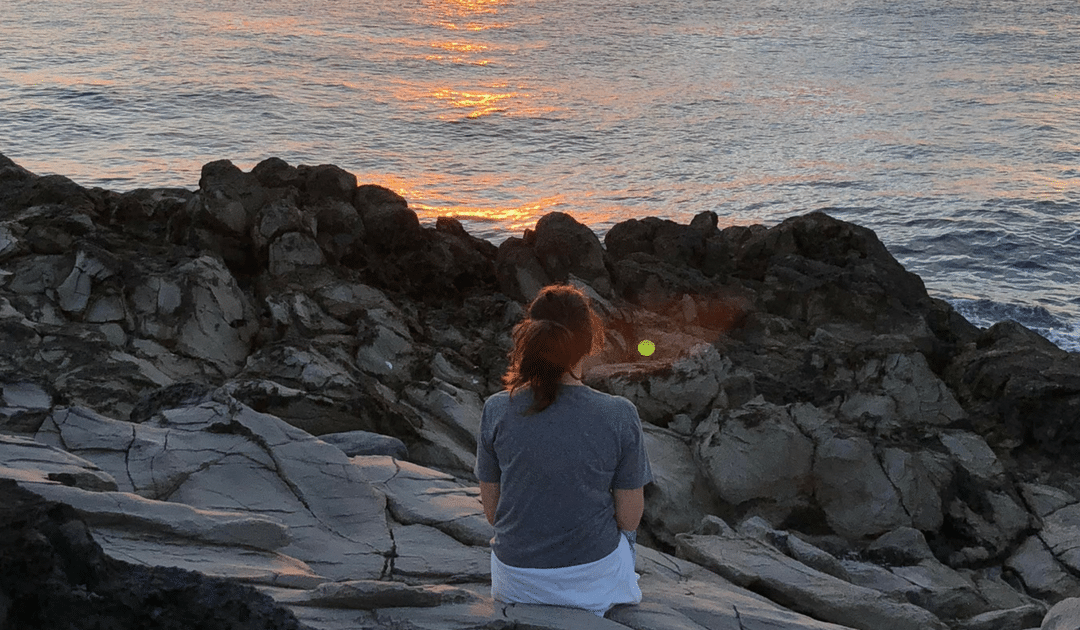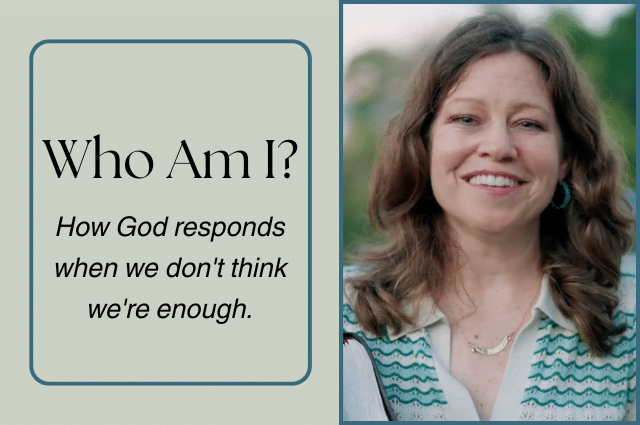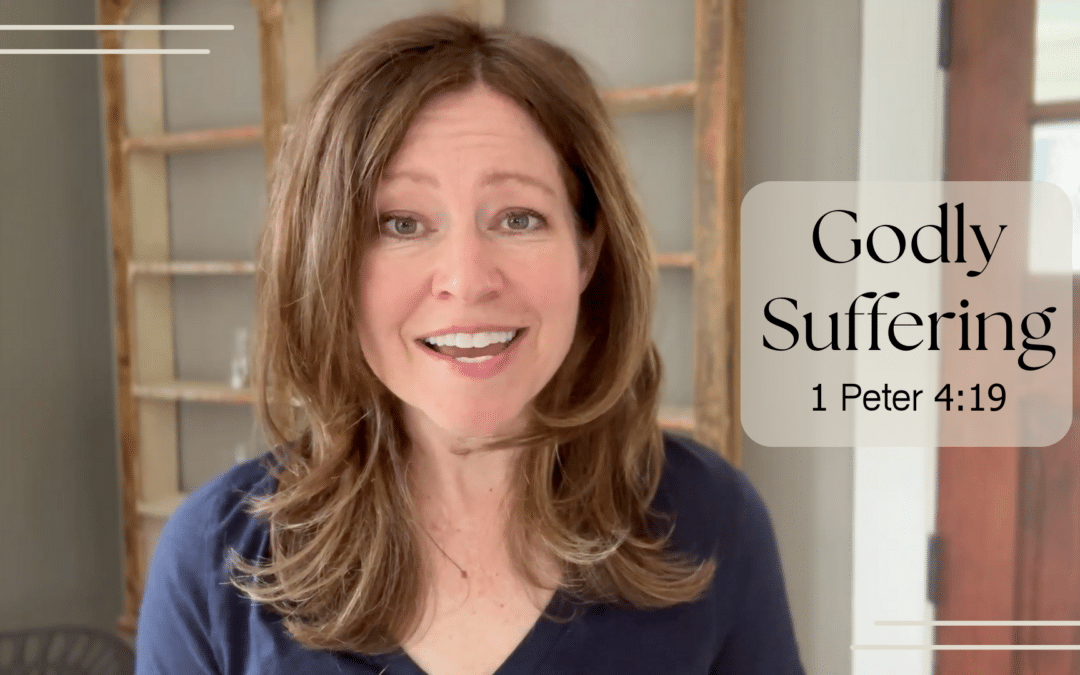This month I'm bringing you some encouragement...

How to Be a “Doer” This Fall
School has already started here in Nashville. This totally gives me agita, and I’m not even in school anymore, nor do I have kids in school. Just talking to my niece and nephew about starting first and second grade gave me butterflies about the cafeteria lunches, homework, oral recitations, and making new friends. They’re doing great; I’m the one with all the anxieties. I think this is partly because Back to School signals Back to Work for a lot of adult things, too. Even though most of us work through the summer (in or out of the home), when September is in view we know that things are about to get serious again.
Getting back into the swing of things has been an even harder prospect for me than normal because I’ve had one of the most restful summers I can remember. I hate to see it come to an end. It was the first time in probably 10 years where I’ve been at home for a stretch of three months. It’s been perfectly glorious.
Besides the gifts of being able to sleep in when I’ve needed it, linger in my flower garden, cook a dish I wouldn’t normally have time for, or spend some extra time with family and friends, I’ve had unhurried times in the Word. Those times where you’re not rushing out the door but can spend a few minutes chasing down a word in Scripture, or checking a commentary, maybe listening to a sermon online that’s about the text you’re studying. This has been thoroughly rejuvenating for me, and something I’m not willing to wait another ten years for.
How do we “do?”
One of the passages I’ve been studying this summer is Jesus’ Sermon on the Mount in Matthew 5-7. A statement that continually grabs me is the way He ends His message: “Therefore, everyone who hears these words of mine and acts on them will be like a wise man who built his house on the rock.” (7:24). When so much in our world feels like sinking sand right now I’m very drawn to the imagery of a life that’s built on an unshakable foundation. Jesus reminded me that hearing His words and putting them into practice is what this rock is made of. Which is why committing to Bible study this fall is so important—but I’m getting ahead of myself.
A couple things struck me about Jesus’ statement.
First, the obvious: it’s not enough for us to simply hear the word of God—we have to act on what He teaches. I had some extra time this summer to process some of His teachings and really consider if they’re things I’m actually doing.
[click_to_tweet tweet=”It’s not enough for us to simply hear the word of God—we have to act on what He teaches.” quote=”It’s not enough for us to simply hear the word of God—we have to act on what He teaches.”]
For instance, Jesus tells us not to be anxious about tomorrow. (I know I’m probably the only person who worries so feel free to skip this section). Most of us know that we’re to trust God with our lives and not worry. But I had to ask myself in what areas was I making a conscious decision to cast my cares on the Lord, believing that He cares for me and that He can be trusted? Was I actually practicing not worrying? Jesus also talks quite a bit about prayer in this section, explaining to His disciples how to pray and how not to pray. This was a summer where I decided to pray more intentionally for several reasons—many of them pressing. But one of the reasons was the simple fact that I want to do more of what Jesus said to do, and praying is one of them.
Or what about the sections where Jesus talks about forgiveness, dealing with the impure thoughts we think, making sure anger isn’t harboring in our hearts toward anyone, speaking yes’s and no’s that can be trusted? Many of us know these teachings of Jesus, but the question is, are we specifically putting them into practice in our day-to-day lives? Because it’s in our actual lives where His teachings and practices are meant to work. Jesus is terribly practical!
[click_to_tweet tweet=”Many of us know the teachings of Jesus, but the question is, are we specifically putting them into practice in our day-to-day lives?” quote=”Many of us know the teachings of Jesus, but the question is, are we specifically putting them into practice in our day-to-day lives?”]
How do we “hear?”
Another part of this phrase struck me as well: How can we act on Jesus’ words if we don’t know them? True, many know them and don’t act, but how many in our current culture aren’t acting on His words because they simply haven’t been exposed to them? Because they don’t know what His Word says?
[click_to_tweet tweet=”How many in our current culture aren’t acting on Jesus’ words because they simply haven’t been exposed to them? ” quote=”How many in our current culture aren’t acting on Jesus’ words because they simply haven’t been exposed to them? “]
A few weeks ago, a friend asked me to teach at a girls’ Bible study made up of brand-new believers, several who are seeking Jesus but aren’t sure if they’re “in” yet, and a handful of seasoned Christ-followers. It’s a positively invigorating crew. Sitting in the midst of this group freshly reminded me how much we need Bible study. If we’re going to do what Jesus says, we need to first know what He says. The questions the girls asked were so refreshing because many of them had come to the teachings of Jesus for the first time. They were newly thinking about what putting His words into practice might mean. For those who have known the Lord for a while, they were asking different question of themselves like, “Am I doing the things I know to do?”
I’ve been re-reading Dallas Willard’s book The Divine Conspiracy this summer. Dallas was so passionate about actually living what Jesus taught, and he wanted others to experience this joy. He asserted, “Jesus as the actual teacher of his people has disappeared from the mental horizon of our faith. In that capacity, he is not a part of how we ‘do’ our Christianity today.” I certainly don’t want this to be the case on our watches. As we come upon a new school year and things like routines and fall Bible studies kick back up, let’s commit to getting into the Word. Whether you’re a hearer but not a doer, or you’re not a doer because you haven’t been a hearer, Bible study is the place to be this fall. Because who couldn’t use a solid rock?
If you’re looking for a weekly study guide to use as you read the Bible, you can find a few of my Bible studies here and a few from my friends in the latest LifeWay Women catalog. It truly doesn’t matter which one you choose, as long as the bulk of your time is spent with Jesus in the scriptures.








